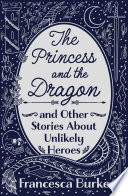 The Princess and the Dragon and Other Stories About Unlikely Heroes by Francesca Burke
The Princess and the Dragon and Other Stories About Unlikely Heroes by Francesca Burke Published by This is a Real Job on December 9, 2020
Genres: Young Adult Fiction, Fantasy, General, Magical Realism, Dark Fantasy, Wizards & Witches, Young Adult, Action & Adventure, Fantasy & Magic
Pages: 107
Buy on Amazon
Goodreads
On the magical island of the Three Kingdoms, disparaged teenagers quest to save their people from dragons, duplicity and dictatorship. This is a book of fairy tales, but not of happy endings. Don’t expect to fall asleep to sweet dreams when you’re done.
Content warnings: violence, abuse, kidnapping, blood, homophobia. Please consume responsibly.
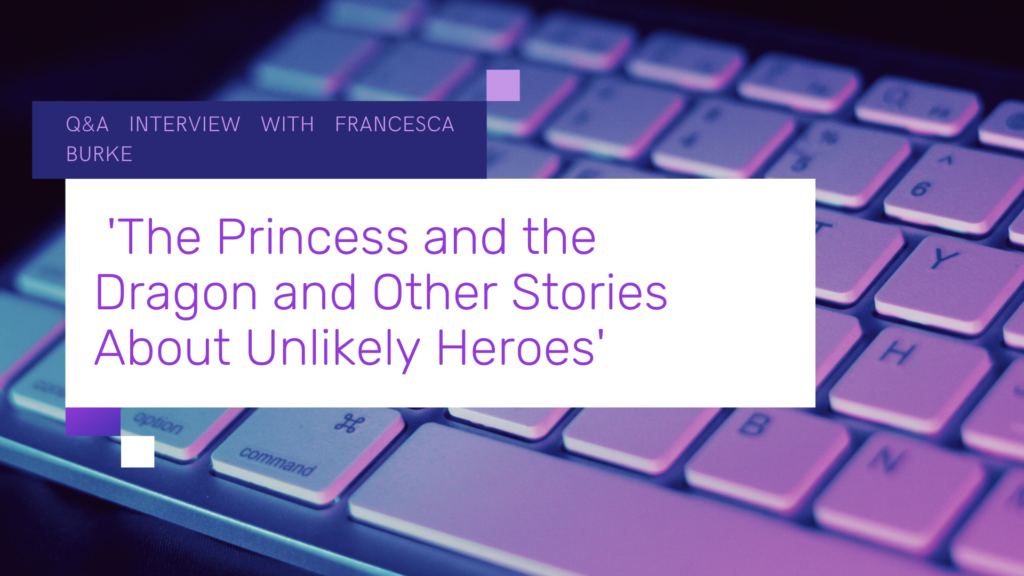
I had the nicest opportunity to do an interview with indie author Francesca Burke. Her fantasy book The Princess and the Dragon and Other Stories About Unlikely Heroes, released back in December 2020.
Patreon Shout-Outs
Thank you for supporting my Patreon Page: John Reid
The full, unedited version of this post is available on my Patreon if you want to see that too. Visit https://www.patreon.com/poetrybooksya for more exclusive, creative writing and poetry content!
Previously on PoetryBooksYA…
In case you missed it, here are some previous posts I wrote about in the past week:
My Therapy Journey // What I learned from my first three months of counseling
POETRY BOOK REVIEW: ‘Matters of the Heart’ by DNA Publishing Group
Welcome (back) to the New and Improved PoetryBooksYA!
Q&A Interview
Francesca Burke and I chatted about her writing journey, how this book ties into real-world situations. We also discussed which fairytale princess’ story she would rewrite.
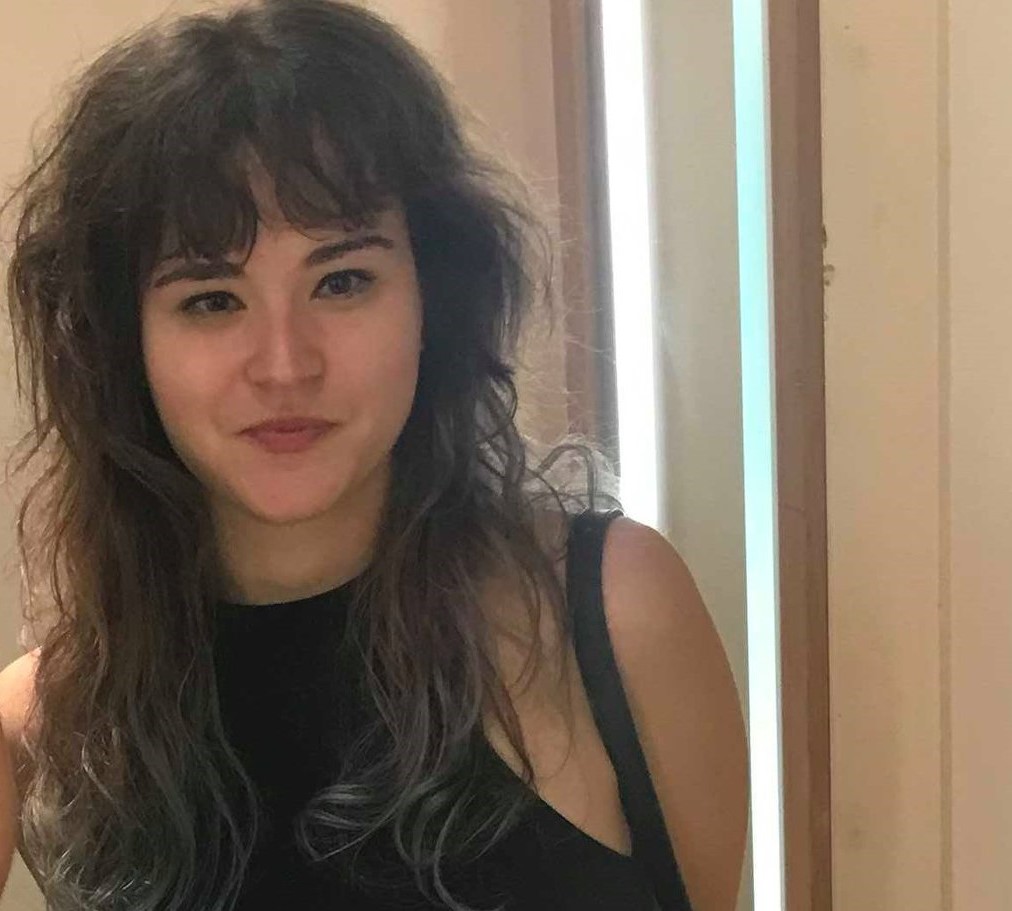
Danielle: What has your writing journey been like?
Francesca Burke: Ask me again when I’m 90, because I’m only just getting started. Well. I’ve been writing with a view to sharing my work for 10 or 12 years. It’s been fun so far: creating worlds and splashing about in them is one of my favourite things. I’ll be doing it for as long as I can hold a pen. I’m fairly new to writing professionally, though. It adds a level of stress that isn’t there when you’re popping a fanfiction online. But it’s also very gratifying to pay a bill with money you earned from writing.
D: How has your LGBTQIA identity and self-discovery helped with your writing?
FB: I don’t know. Ask me again when I’m 90! I think anyone who’s had cause to look inwards, for any reason, comes out the other end with more empathy. And empathy is crucial for storytelling. You don’t go through one stage of learning about yourself and then say, “Ah, that’s done, my identity has finished cooking.” You might get to a certain place where you find peace with yourself and the world. It will help with your professional life (and make you a better storyteller). But you’re always evolving as a person. So yeah, I guess it’s helped. And queer people are the best, so obviously being one of The Queers™ has bestowed upon me wit and wisdom.
D: Explain what your book is about in a one-sentence review.
FB: Awkward teens embark on quests, prove to everyone that they’re more capable than previously assumed… and uncover a dangerous web of political intrigue.
D: How do Princess Amelia, Prince Richard, and Esme Delacroix all have in common?
FB: They’re all a bit like me.
D: How does the Three Kingdoms represent real life’s events of today?
FB: In all the ways, ha. I started writing The Princess and the Dragon and Other Stories About Unlikely Heroes in spring of 2016. The Brexit referendum was getting very, very divisive in the UK [then]. Lots of family arguments and angry people. Trump was on his way to getting elected too. Originally the island of the Three Kingdoms was going to be this huge, Games of Thrones-esque world with snow and rainforests. Five stories instead of three. Then I realised I’m more interested in how the countries of Great Britain and Northern Ireland react to one another, Ireland and mainland Europe. So I shrank the Three Kingdoms to one island.
I remember thinking about that Brexit anger and realising that it wouldn’t take all that much for a spark to cause civil unrest. And for that unrest to become a war. We’ve seen from the Arab Spring and Syria how quickly that can happen. We know from World War II how easily neighbouring countries with similar cultures, squished together on a tiny continent, can destroy one another. So if you read the book and think there are parallels with real life events: that’s deliberate. No spoilers, but things are even unfolding now, in early 2021, that feel eerily similar to events in the book.
D: With everything going on in the world, how can this magical, mystical book a form of escapism for readers?
FB: Any decent book can give you a brief respite from our current hellscape, haha. I’m aware I’ve just talked for days about how the story echoes reality. The fact it’s set on a fantasy island with dragons and witches probably helps to transport the reader away from 2021 [for] a few hours.
D: You funded this book through Patreon. How has the online crowd-funded support different than marketing tactics used through traditional publishing? Do you want to be traditionally published one day?
FB: Yes, I absolutely want to be traditionally published. I pitched The Princess and the Dragon and Other Stories About Unlikely Heroes to agents in the autumn of 2018. It was very rightly declined. It wasn’t finished yet. After I made the bulk of edits I decided I could either re-pitch or put the thing out myself. I was in dire need of a project, so I opted to do it myself.
I think the marketing tactics are fairly similar once the book is out. Do a blog tour, send out copies for review, do a launch event. But marketing the book before it was published, when I was crowdfunding, was difficult. A lot of people don’t understand the concept of Patreon (literally, becoming someone’s patron). They don’t know how expensive it is to self-publish an ebook if you aren’t just popping it on Amazon’s Kindle Direct Publishing.
I worked with a professional proof-reader, cover artist and typesetter and those people have to be paid at different stages. It’s a slow process: I first launched the Patreon campaign in spring of 2019, sharing book chapters with my patrons. The ebook came out in December 2020. If not for the grants that self-employed people were eligible for in the UK due to Covid. I’d still be crowdfunding because I have a very small membership. I felt like I was banging a drum in a vacuum for a lot of 2019, yelling “THIS STORY IS FREE TO READ FOR THE LOW PRICE OF £1 TO £12 A MONTH. BY SIGNING UP TO READ, YOU’RE HELPING ME TURN THE STORY INTO A BOOK.”
Most people just weren’t into that. I could have approached the marketing differently and shared more short stories publicly. And found more of an online audience, before asking for commitment to Patreon. Or maybe framed Patreon in a different light. So self-publishing is more exhausting, because the onus is on you to prove the work is worth reading. You don’t have an agent or publisher bigging you up. But the actual marketing strategies are probably similar when you strip them back. You need to get your book in front of people who might like to read it.
D: What are some of your favorite self-published fantasy/fairytale books?
FB: I rarely read self-published work, which is bad and needs addressing (there are so many books to read. Help). But I love Maggie Stiefvater, Erin Morgenstern, Rick Riordan. Anything with a hint of magic or mythology. There are more. I need to organise my Goodreads so I have something to refer to to answer this question properly. I’m terrible at remembering names and titles off the top of my head!
D: Which fairytale princess’ story would you rewrite?
FB: Ooooh. I’m also terrible at remembering the ‘traditional’ fairy stories. I get them confused, probably because so many involve a swooning maiden, dashing prince and evil queen/stepmother. I did a screenwriting class last year. One of the exercises was to write from the perspective of the queen in Snow White. I fudged it, because I haven’t seen the Disney version in 20 years and can only vaguely remember the more traditional version. I had no idea what this woman’s motivations might be! So I’d firstly learn the Disney versions, the Grimm versions and then the older versions from someone like Charles Perrault. Then I’d probably keep the creepiness and gore from the traditional versions but tell them in a much more feminist, 21st century light. I like the story of Bluebeard. The heroine isn’t a princess, but the story’s fascinating.
I’d love to take any of the princesses and have them decide to rescue themselves, really. That was how I came up with the character of Amelia, the titular princess in The Princess and the Dragon and Other Stories About Unlikely Heroes. No one’s going to save her or her kingdom, so she just gets on with it.
I’d love to take any of the princesses and have them decide to rescue themselves, really. - @francescaswords on The Princess and the Dragon and Other Unlikely Heroes Share on X
D: If you could give any self-published author or writer advice, what would it be?
FB: Keep writing. Edit. Read everything you can get your hands on. Write some more. Be tenacious and savvy with your marketing. No one’s going to read your work unless you tell them why it’s worth their time.
D: What are you working on now, and when will that be released?
FB: I’m in the middle of finishing up a college diploma. So I’m mostly writing one-off short stories for my online audience and my Patreon, the No. 1 Readers’ Club. When I’m done with college, I’m hoping to revisit the Major Arcana series. It’s 22 stories inspired by the major arcana of the tarot deck. I wrote most of it last year during lockdown (and it’s available to read). But I’d like to go back and tidy it up, then maybe put that out as a little book. I don’t have a timeline, though—at the moment I’m focussing on the one-off stories.
_____
Thank you again, Francesca for reaching out to me. Check out more of her content on her website, Patreon, and social media.
Thanks for reading!

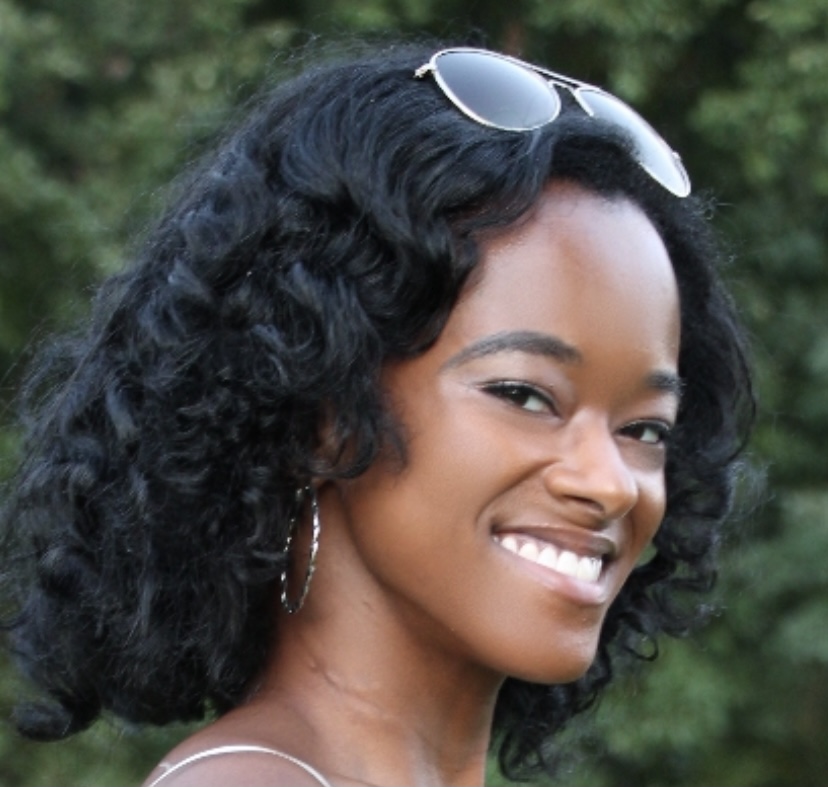
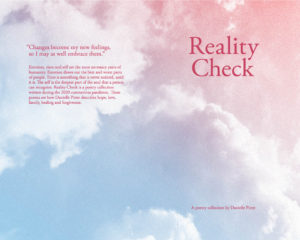
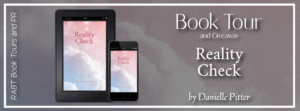


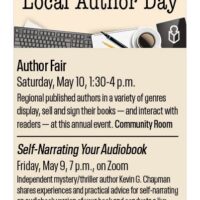
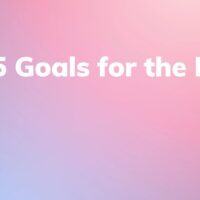

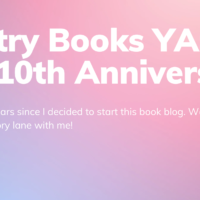
Thank you for having me, Danielle!
You’re very welcome! Thanks for reaching out to me. 🙂